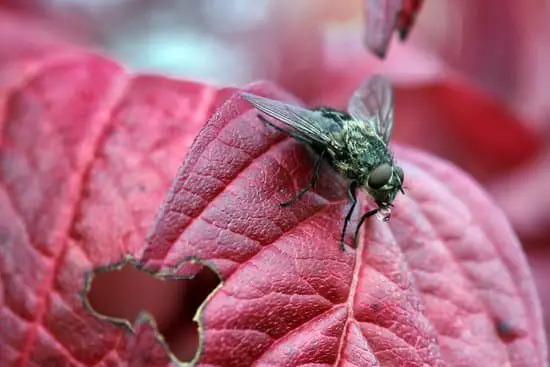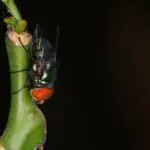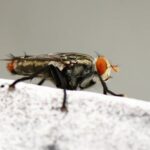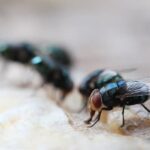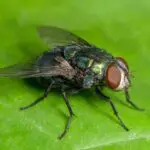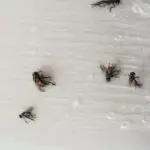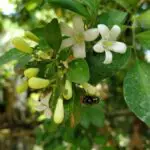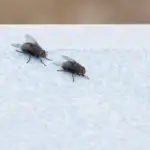Are Flies Good Pollinators?
While bees are often given most of the credit for pollinating plants, the reality is that a vast army of insects contributes to this process. Rader’s analysis found that only a handful of crops were visited exclusively by bees, while the majority of crops were visited by both bees and other insects. He also assessed the pollination contribution of each type of insect, and found that flies ranked second in importance after bees, visiting 72 percent of the 105 plants studied.
While flies are important for pollination, they do have their own set of drawbacks. Many insects prefer flowers with putrid odors to those with sweet, pleasant aromas. For example, some flies feed on flowers that smell like fungus, while others are drawn to odors of decaying flesh. For example, Red Trillium is attractive to flies because it smells like rotting flesh.
Flies are important pollinators for a number of crops, including many fruits and vegetables. In general, they have low energy requirements and can spend much of their time basking in flowers instead of moving rapidly between flowers. Some species have even evolved putrid-smelling blossoms in order to attract these pollinators.
Flies pollinate a huge variety of plants, including fruits and vegetables, and are able to pollinate more than 1,100 species of plants. This makes them a valuable resource for agricultural industries. Their efficiency in pollination depends on a variety of factors. The flies must find the highest concentration of nectar at each stop and be protected from predators. They also need to be constantly on the lookout for potential mates.
